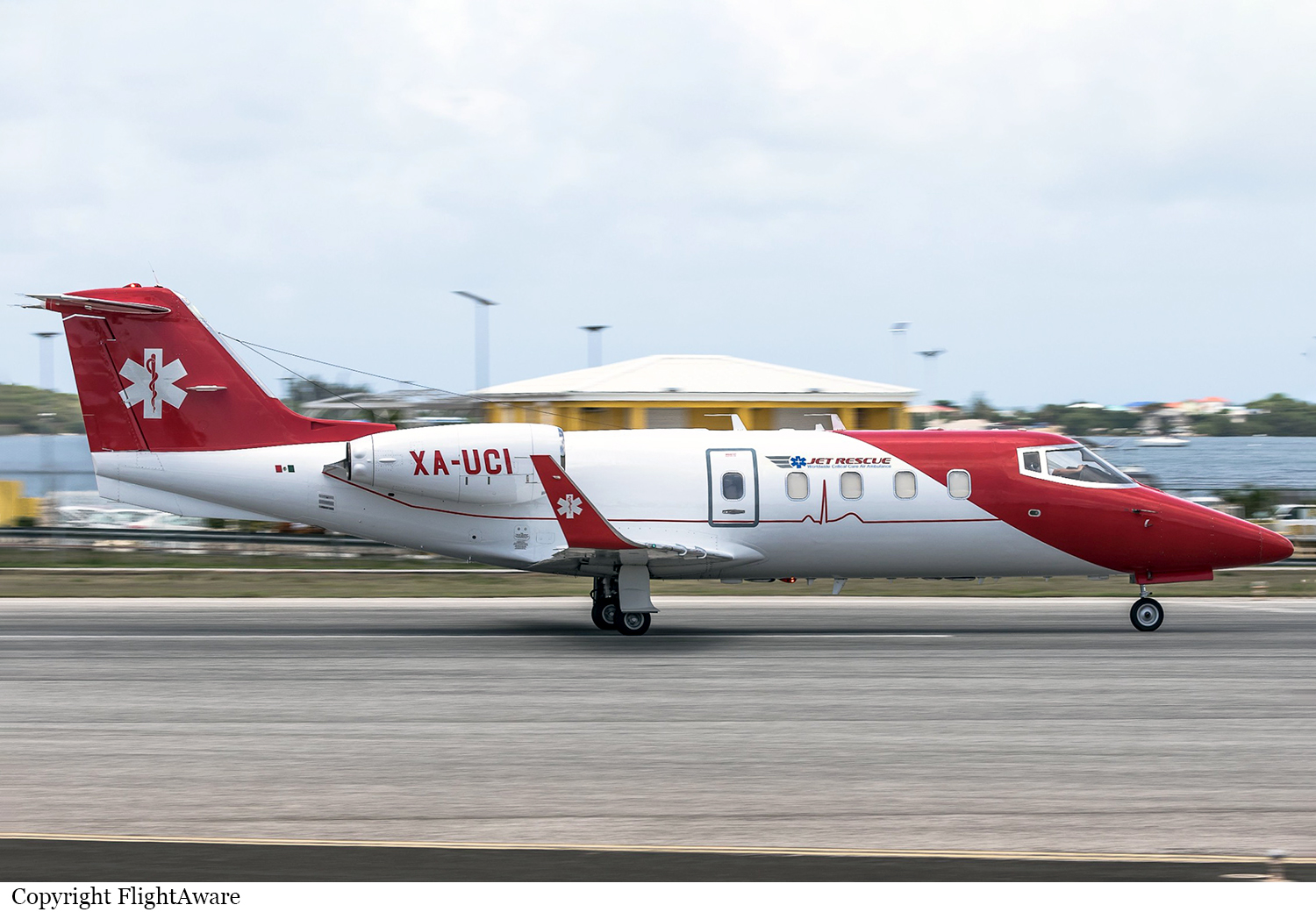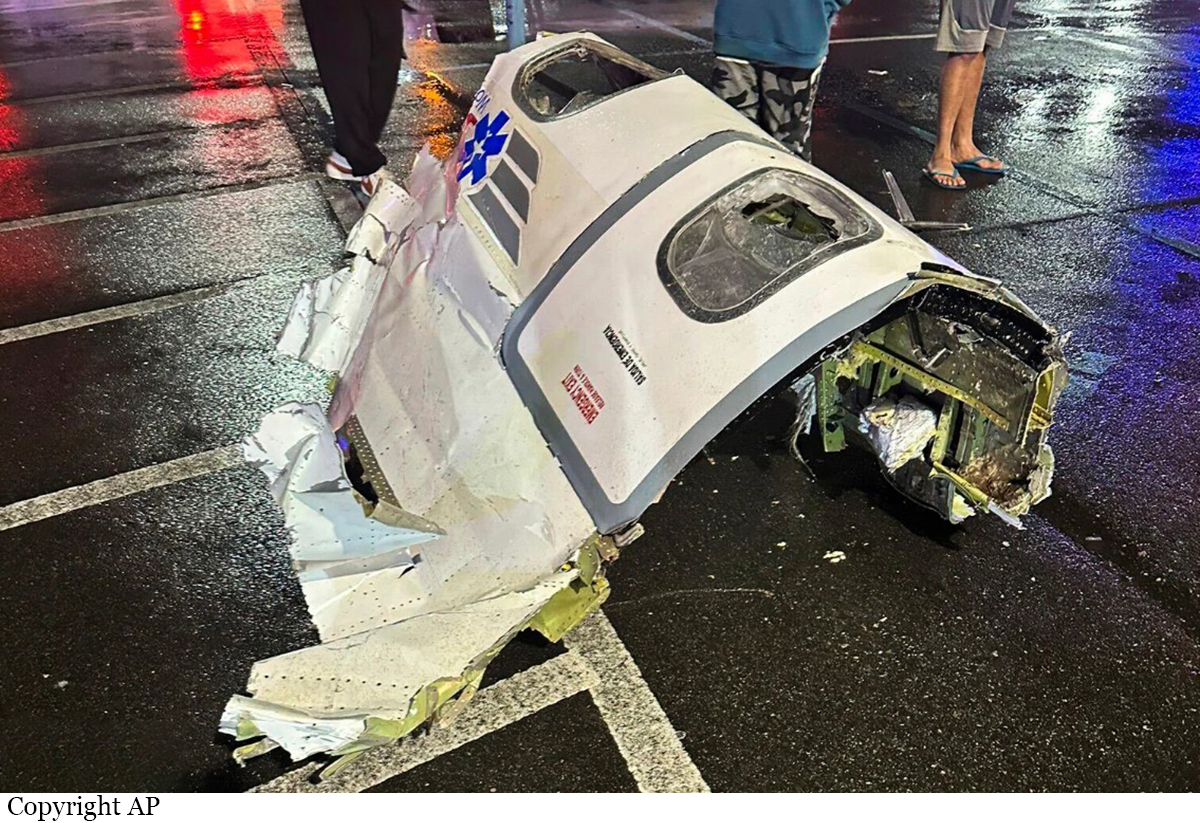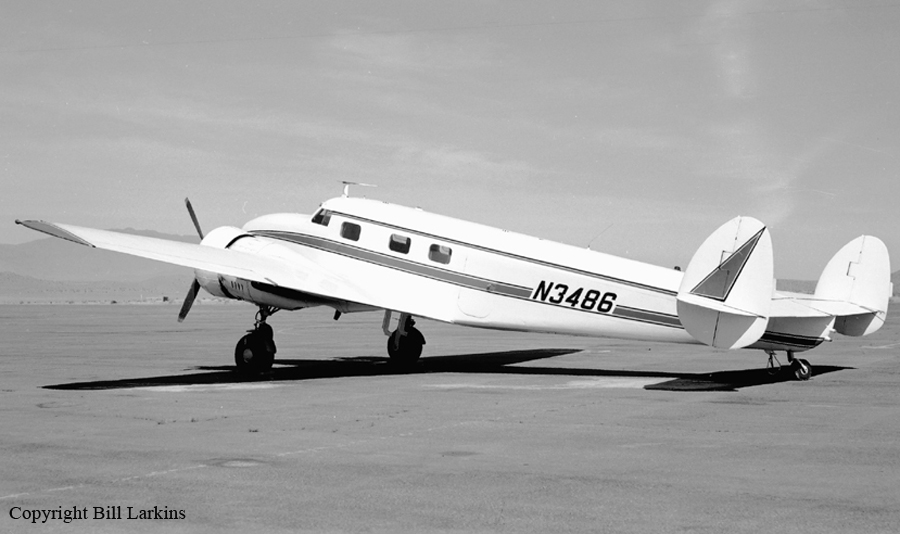Crash of a Learjet 55 in Philadelphia: 7 killed
Date & Time:
Jan 31, 2025 at 1806 LT
Registration:
XA-UCI
Survivors:
No
Schedule:
Philadelphia - Springfield
MSN:
55-032
YOM:
1982
Flight number:
MTS56
Crew on board:
2
Crew fatalities:
Pax on board:
4
Pax fatalities:
Other fatalities:
Total fatalities:
7
Circumstances:
The airplane departed Northeast Philadelphia Airport at 1805LT on an ambulance flight to Springfield-Branson Airport, Missouri, under callsign MTS56 (Med Jets 56). On board were two pilots, one pediatric patient, her mother and two paramedics. After takeoff from runway 24, the airplane continued to climb to the altitude of 1,650 feet. In marginal weather conditions (light rain and mist), the airplane entered an uncontrolled descent and crashed with a high rate of descent on Cottman Avenue, near Roosevelt Mall, about 4,7 km southwest from the end of runway 24. The airplane disintegrated on impact and several buildings and vehicles were destroyed. All six occupants were killed as well as one people on the ground.



